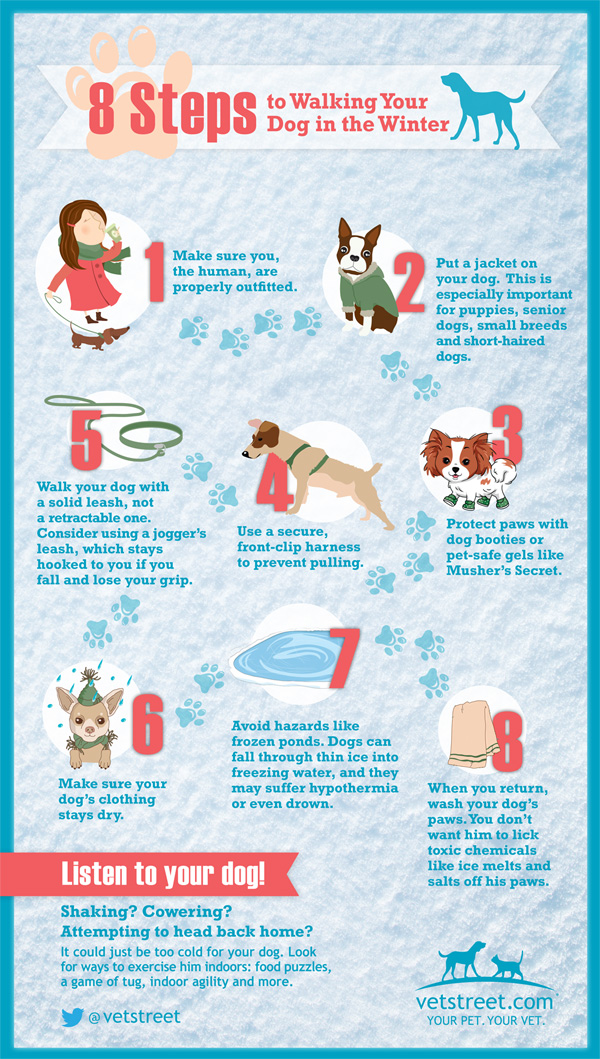How Much Does Dog Boarding Cost
How Much Does Dog Boarding Cost
Blog Article
Can Dog Day Care Cause Illness?
Dogs in childcare obtain lots of exercise, socializing with various other canines and distinct experiences. This can be particularly handy for pups and canines with behavior problems.
There are several legal considerations you require to think about when starting a doggy day care service. These consist of the framework of your organization and compliance with government policies.
1. Dog Distemper
Canine distemper is spread out with straight contact with the physical liquids and waste of a contaminated dog, but it can also be transmitted through common water and food bowls or with air-borne beads. This very transmittable ailment is most dangerous for puppies, but it can impact canines of any type of age and is fatal for a lot of if left without treatment.
First signs and symptoms of canine distemper usually mimic a common cold, including runny eyes and nose with watery or pus-like discharge. As the disease progresses, a dog will develop fever, coughing, reduced appetite, vomiting and diarrhea. The virus can also attack the nervous system, resulting in seizures, twitching and partial or full paralysis.
Reliable daycares reduce exposure to infection by calling for inoculations, regular health examinations and adhere to stringent hygiene procedures. If your pup seems overly tired or hopping, a day off might assist him recuperate, however you ought to avoid taking him back to daycare until these signs and symptoms clear.
2. Kennel Coughing
Kennel coughing, likewise referred to as contagious canine tracheobronchitis or Bordetella, is a highly contagious viral or microbial condition that impacts the breathing tract. It's commonly moved via the exchange of saliva or air beads that an ill dog exhales. Social pets go to higher risk for infection due to their constant communication with one another, such as when they play, share food or water, sniff one another or merely satisfy in a congested environment like a dog park or childcare.
One of the most typical symptom of kennel cough is a relentless and strong cough that sounds like something embeded the throat or retching. Usually, pet dogs will cough up foamy white phlegm. If left without treatment, a pet dog can develop pneumonia and be at severe danger for life.
A reliable board and train dog near me childcare center ought to have strict cleansing and cleanliness protocols, disinfect all playthings, food and water bowls frequently, and be open about their inoculation policies. Keeping your pet as much as date on their inoculations, particularly for bordetella and canine influenza, will substantially decrease their chances of getting the disease.
3. Parvovirus
Canine parvovirus, or parvo, is a highly transmittable viral disease that can be deadly for pups and young adult dogs with bad body immune systems. It's most commonly spread by straight contact with contaminated pet dog feces-- which can happen when pet dogs smell, lick, or taste infected feces-- and indirectly from infected people, items, or settings (like kennels, brushing spaces and lawns). Young puppies and dogs without full vaccination backgrounds are particularly susceptible to parvo.
The infection is extremely resistant, making it through in the environment for as much as nine years, and can quickly be transferred in between dogs by get in touch with through feces or on footwear, clothes, and bed linens contaminated with parvovirus. Otherwise treated quickly with IV fluids, electrolyte equilibrium, vomiting control medicines and antibiotics to stop secondary microbial infections, a dog will quickly dehydrate and establish severe diarrhea, which brings about shock and sepsis. Parvo is tough to cure when a pet has come to be ill, but with proper veterinary care, several puppies do endure this ailment.
4. Canine Flu
Canine influenza infection is highly infectious and spreads via direct call, sharing food and water bowls, licking or nuzzling other pet dogs, via airborne beads, and via contaminated surface areas. Vaccination is effective in lowering the danger of infection and episodes.
Most impacted pets establish a light respiratory infection with a cough that lasts 1-3 weeks. They might also have nasal and eye discharge, sneezing, and sleepiness. A few of one of the most serious situations cause pneumonia and a high fever.
If your dog displays any one of these symptoms, do not bring them back to day care till they are healthy. If your canine is revealing signs of extreme exhaustion or limping, speak with your veterinarian right away and ensure they get on healthiness supplements to help develop their resistance. A vet will assess your pet dog for symptoms of the flu by taking an example from the nose or throat, and blood examinations can be done to validate.